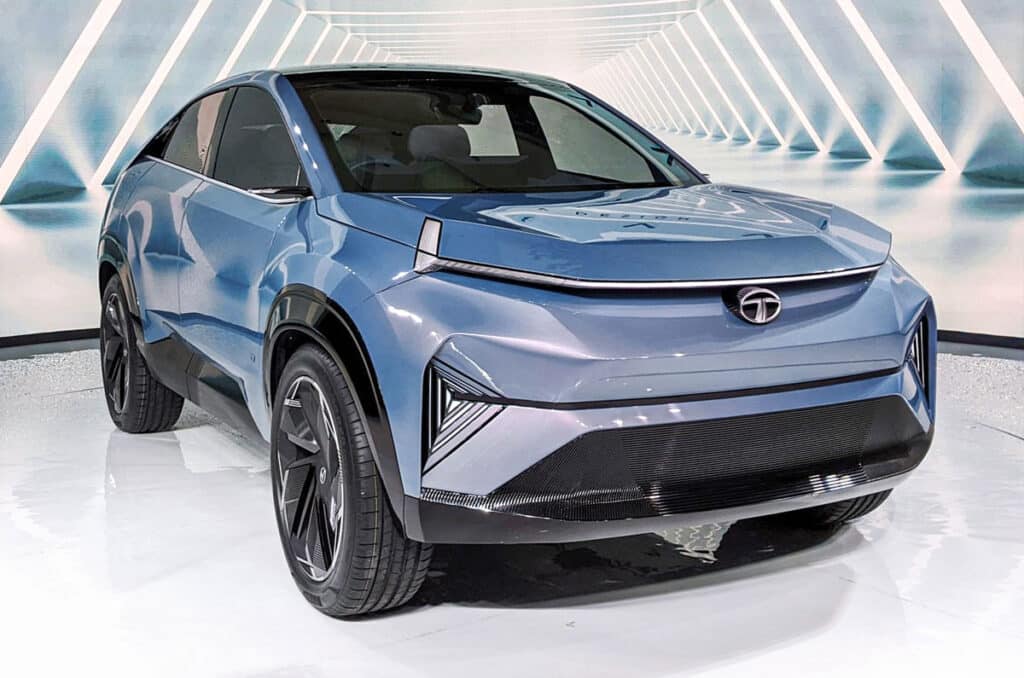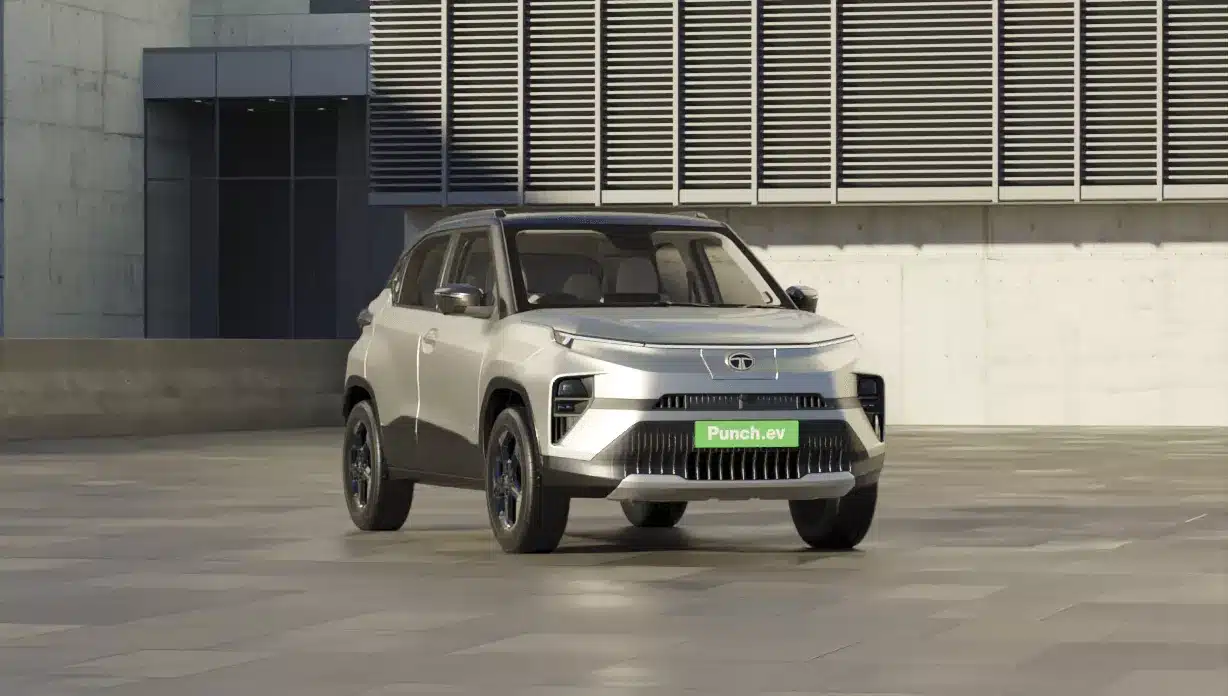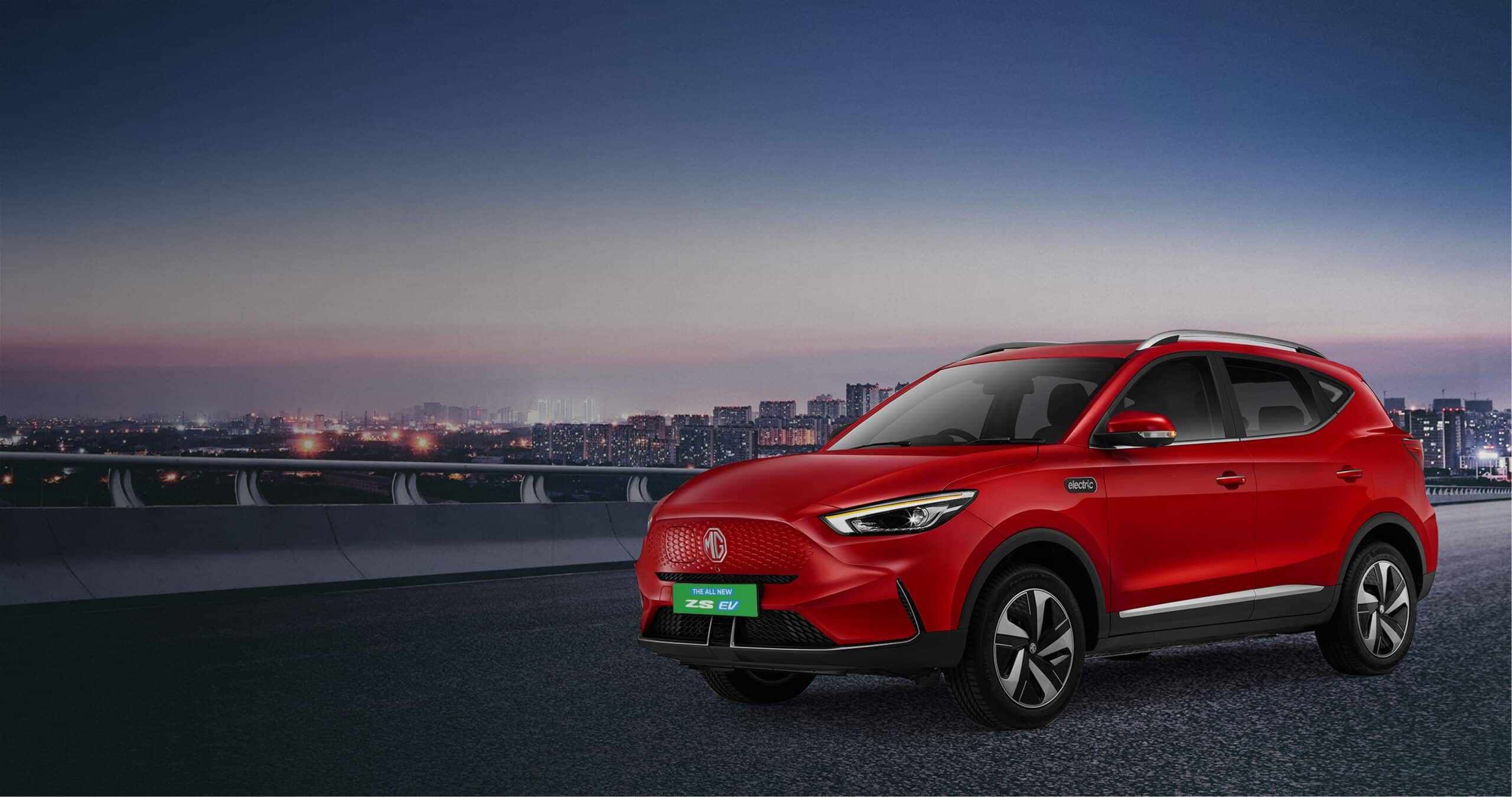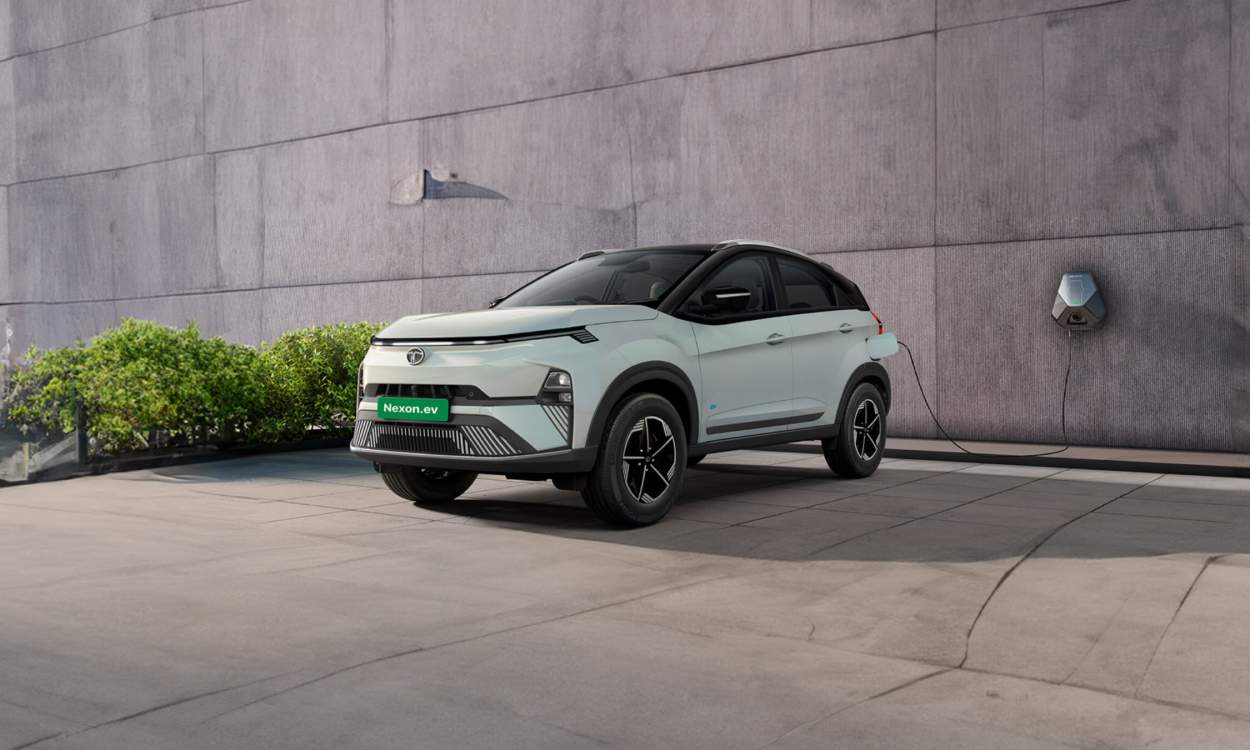As the shift towards electric vehicles (EVs) gains momentum in India, more people are considering the benefits of electric cars as an eco-friendly and cost-effective mode of transport. However, buying an electric car comes with unique considerations compared to traditional petrol or diesel vehicles. In this guide, we’ll go over all the key factors Indian buyers should think about when purchasing an electric car, including popular models like Tata Nexon EV, Tata Punch EV, MG ZS EV and Newly Launched Tata Curvv EV
Tips to Consider while Choosing Electric car
1.Understand Your Driving Needs and Lifestyle
When buying an electric car, it’s essential to consider how it will fit into your daily life and driving patterns:
City or Long-Distance Driving: If most of your driving is within city limits, where distances are generally shorter, a compact EV like the Tata Punch EV may suit your needs. For those who travel longer distances or have frequent intercity commutes, you may want to consider EVs with a higher range, like the MG ZS EV, which offers a range of up to 340 km on a full charge and you can also choose Tata Curvv EV for Long journey on single charge it can goes 502 Km (As per Tata) and have Fast charging too.
Daily Mileage: Estimate your daily driving distance. Most electric cars in India now come with ranges that cater to regular city use. Models like the Tata Nexon EV Max provide a range of about 300-400 km, which is ideal for those needing extra distance on a single charge.
Climate Considerations: Extreme heat can affect battery life, so if you live in areas with very high or low temperatures, look for models with thermal management systems to protect battery performance. Many Indian EVs, including Tata and MG models, come equipped with such features to enhance battery life and efficiency.
2. Decide your Budget
Setting a budget is crucial for narrowing down your options and ensuring you find an EV that fits within your financial range.
Price Range for Electric Cars in India: Electric cars in India come in various price segments. Entry-level models like the Tata Punch EV start around ₹9-10 lakh, while premium models like the MG ZS EV can go up to ₹25-30 lakh. Identify your budget range before exploring models.
Government Incentives: The Indian government offers tax benefits under Section 80EEB and other incentives on electric vehicle purchases. States like Delhi, Maharashtra, and Gujarat also offer subsidies and registration fee waivers. Check your state’s policies to take advantage of these benefits, which can reduce the overall cost.
Charging Equipment Costs: Many EV manufacturers provide a home charger with the vehicle. However, if you want a faster charging solution, you may need to invest in a Level 2 charger, which costs between ₹50,000 and ₹1,00,000, including installation.
3.Battery Range and Charging Options
Battery range and charging options are two of the most important aspects to consider before buying an electric car.
Battery Range: Battery range determines how far the car can travel on a full charge. For instance, the Tata Nexon EV Max offers a range of about 400 km, while the Tata Punch EV provides around 300-350 km. Assess your daily and weekly driving needs and choose a model that meets your requirements.
Charging Levels: There are three main charging levels. Level 1 chargers (using a standard 15-amp socket) are the slowest but can be installed at home. Level 2 chargers are faster and typically available at public charging stations or for home installation. DC fast chargers are the quickest and are available at select public charging points, especially along highways and in metro cities.
Public vs. Home Charging: While many EV owners prefer home charging, public charging networks are rapidly expanding in India, especially in cities like Delhi, Mumbai, and Bengaluru. Apps like Tata Power EZ Charge and Ather Grid help you locate nearby public charging stations.
4.Maintenance and Reliability of Electric Cars
Electric cars typically require less maintenance than traditional cars due to fewer moving parts. However, there are still a few aspects to consider.
Battery Warranty: Most electric cars in India come with a battery warranty ranging from 8 years or 1,60,000 km. This coverage ensures that the manufacturer will replace or repair the battery if issues arise, offering peace of mind to new EV owners.
Low Maintenance Costs: Electric cars have fewer moving parts, so there’s no need for oil changes or exhaust system repairs. Routine maintenance usually includes checking the tires, brakes, and cooling systems. The Tata Nexon EV, for instance, has been praised for its lower running costs and fewer maintenance requirements.
Service Network Availability: Some brands, like Tata Motors and MG, have a wide service network across India, making it easier to find support and repairs. Before buying, confirm that your preferred EV brand has service centers near you.
5.Technology and Features in Electric Cars
One of the appealing aspects of electric cars is that they often come loaded with advanced technology and safety features.
Infotainment and Connectivity: Many EVs, such as the MG ZS EV, offer high-tech infotainment systems with large touchscreens, Apple CarPlay, Android Auto, and in-built navigation. The Tata Nexon EV also comes with a 7-inch touchscreen and connected car technology to monitor battery status, range, and more.
Safety Features: Indian electric cars are equipped with modern safety features like ABS, airbags, and stability control. Some models also offer advanced driver-assistance features, such as collision warnings and lane departure alerts, enhancing safety on the road.
Regular Software Updates: Some EV models, including MG and Tata EVs, receive software updates that improve performance, add features, and enhance the overall driving experience. Over-the-air (OTA) updates are particularly useful as they enhance the car’s functionality without requiring a service visit.
6.Charging Infrastructure in India
Access to charging stations is a major consideration for EV owners. Fortunately, charging infrastructure in India is rapidly growing, especially in major cities.
Availability of Public Charging Stations: Cities like Delhi, Mumbai, Pune, and Bengaluru are expanding public EV charging stations, making it easier to charge on the go. Tata Power and other companies are leading efforts to install fast chargers at convenient locations like malls, highways, and metro stations.
Network Compatibility: Not all EVs are compatible with every charging network. Many models are compatible with Tata Power, Zeon, and other public chargers, but it’s worth confirming network compatibility before you buy.
Future Infrastructure Plans: The Indian government plans to install more EV charging points nationwide. If you’re concerned about access to charging stations, research future infrastructure plans in your area to ensure a smooth EV ownership experience.
7. Test Drive and Compare Models
Before finalizing an electric car, take some time to test drive different models to find the one that best fits your preferences.
Importance of Test Driving: Electric cars often offer unique driving experiences, such as instant acceleration and regenerative braking, which may feel different from traditional cars. Test driving will help you understand the driving comfort and handling of models like the Tata Nexon EV, Tata Punch EV, and MG ZS EV.
Compare Competing Models: Compare different EVs within your budget and range needs. Look into factors like battery range, charging options, technology, and warranty. Models like the Tata Nexon EV, MG ZS EV, and Hyundai Kona Electric all offer different features that may cater to varying needs.
Owner Feedback: Reading reviews and getting feedback from current EV owners can provide valuable insights into real-world performance, reliability, and after-sales service.
Conclusion
Switching to an electric car in India can be a smart, eco-friendly decision, especially with the growing availability of models suited to Indian conditions. By considering factors like driving range, budget, maintenance, and charging options, you can make an informed decision and enjoy the many benefits of electric vehicles.
Buying an electric car is not just a lifestyle choice but an investment in a sustainable future. Take your time, test drive popular models like Tata Nexon EV, Tata Punch EV, and MG ZS EV, and enjoy the journey towards a greener way of driving.




